The introduction of a private member bill on the implementation of a uniform civil code(UCC) across the country witnessed vociferous protest from the opposition members in Rajya Sabha on Friday. Article 44 of our constitution says that “The State shall endeavour to secure for the citizens a uniform civil code throughout the territory of India.” And what is constraining to implement UCC in our country are the personal laws. Personal Law is the law by which an individual is governed in respect of various matters such as principles relating to marriage, divorce, maintenance, adoption, inheritance, guardianship, succession, etc. These personal laws in India are based on religion. And what UCC is trying to guide is that irrespective of their religion everyone should be governed by the same laws with respect to marriage, inheritance, divorce, adoption etc. The bone of contravention here is that it may come in way of Article 25 ‘Freedom of conscience and free profession, practice and propagation of religion’. And also the cultural rights of minorities.
What UCC can do?
The greatest thing UCC can do is that to bring justice to the age-long sufferings of women in every community. Every religion joins hands when it comes to the suppression of women. But what should be noted is that UCC cannot end the patriarchal system of society, it cannot prevent Female Genital Mutilation (FGM) which is still practised in some parts of our country, it cannot prevent domestic violence from happening, and the most important thing is that UCC can never adopt Article 15 of our constitution which says “Prohibition of discrimination on grounds of religion, race, caste, sex or place of birth” in the minds of our people as it said so.
As some may say that Equality before the law can be achieved but is it truly so? Equality, Liberty, Fraternity and Secular is all there written in our constitution but is it there in the hearts of our people? Will a Hindu parent marry their son to a Muslim girl if they love one another? or vice versa? Is it possible for a lower caste to marry a so-called higher caste in today’s India even after 73 years of adoption of our constitution? So merely a law cannot change the tradition of our society (in some cases), our people themselves should develop these rich values of fraternity and secularity and the State should promote this through value-based Education and through its secular activities.
What can be done?
And this is what our 21st law commission reports “Resolution of this conflict does not mean the abolition of difference. This Commission has therefore dealt with laws that are discriminatory rather than providing a uniform civil code which is neither necessary nor desirable at this stage. Most countries are now moving towards recognition of difference, and the mere existence of difference does not imply discrimination, but is indicative of a robust democracy.”
Rather than going for Uniformity, we can appreciate the diversity of our nation as all community within a religion does not follow the same culture. Even though it looks complex for our judges to interpret law accordingly to those personal laws, no one size fits all approach should also be considered unless and until those are not discriminatory in nature. Removing those unjust practices like recently in triple talaq cases and property for women sounds better and safe than UCC. As the Father of our constitution Dr. B R Ambedkar, while formulating the Constitution had said that a UCC is desirable but for the moment it should remain voluntary, and thus Article 35 of the draft Constitution was added as a part of the Directive Principles of the State Policy in part IV of the Constitution of India as Article 44. It was incorporated in the Constitution as an aspect that would be fulfilled when the nation would be ready to accept it and the social acceptance of the UCC could be made.
Our constitutional makers sought some sort of unity in diversity and that’s the reason they have kept UCC in directive principles of state policy as well as Article 351. But they never mentioned on what grounds a common civil code should be made. Some say that UCC can bring unity among the people but marriage, succession, and adoption are purely personal and how can it bring unity among the community? Before implementing Article 44, there are other DPSPs that are untouched by our leaders like Article 47 -prohibition of the consumption of intoxicating drinks! We have been fighting for the upliftment of women and social justice since 17th century. And still, we cannot overcome the curse of Indian society – caste. Hence it is proved that a hundred laws may not prevent injustice and laws cannot reform the hearts of the people. The part of the government is done, now it shall be the duty of every citizen to promote harmony and the spirit of common brotherhood amongst all the people of India transcending religious, linguistic and regional or sectional diversities; to renounce practices derogatory to the dignity of women.







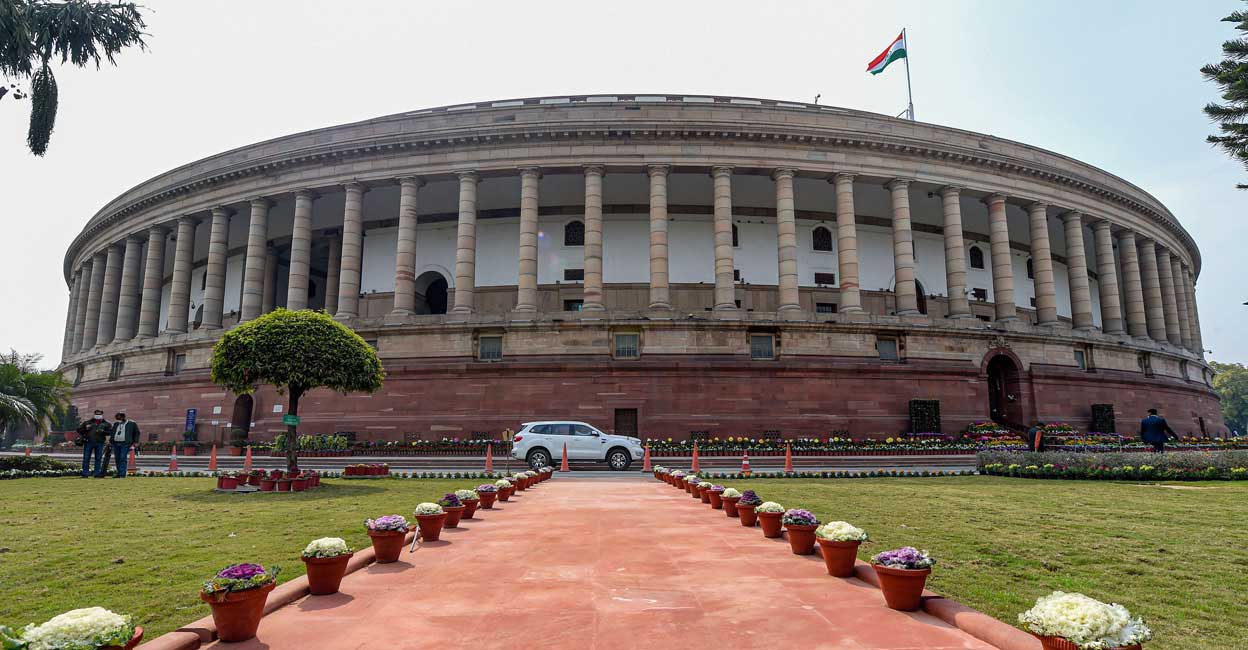
 OpinionExpress.In
OpinionExpress.In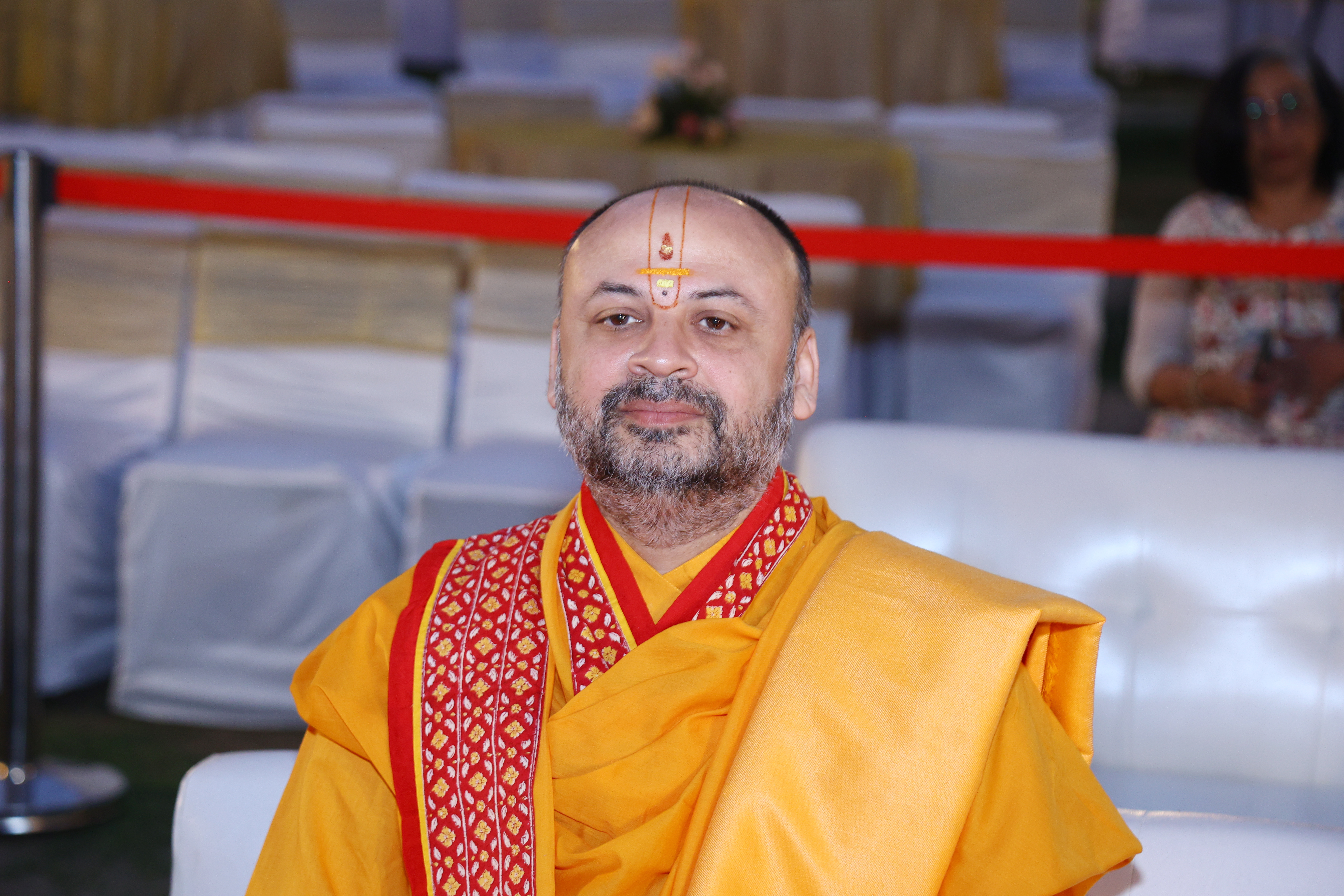

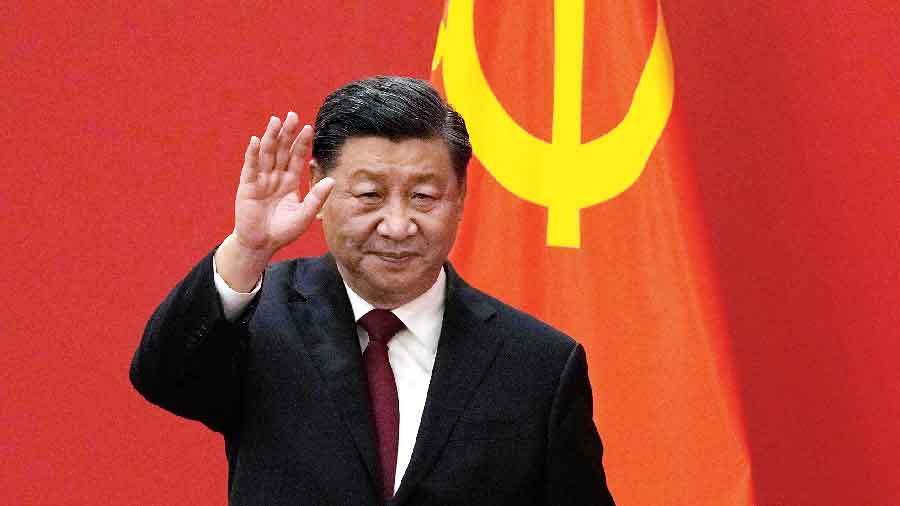

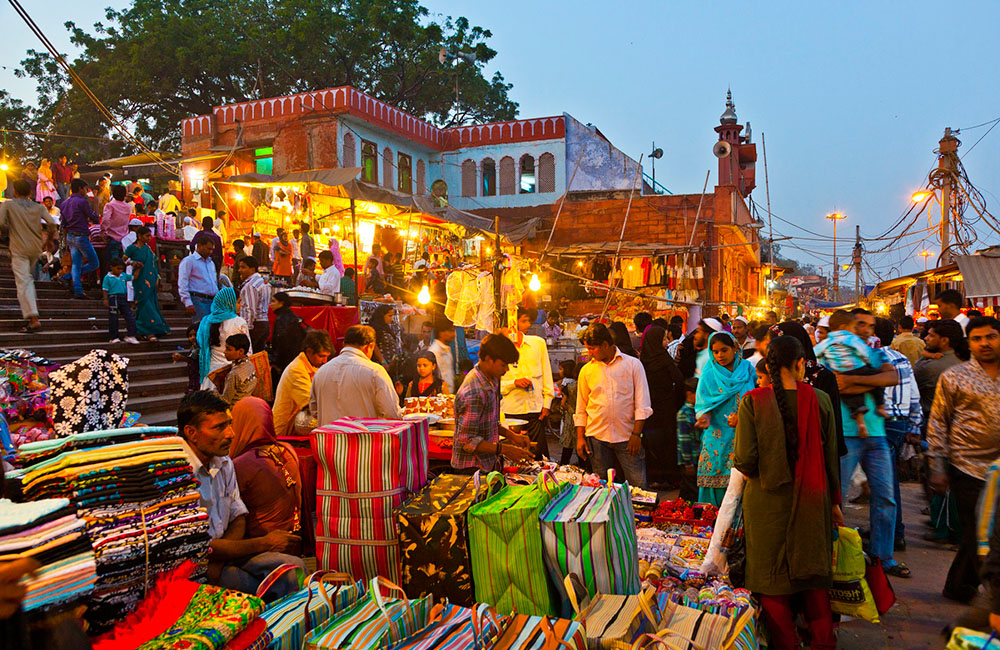
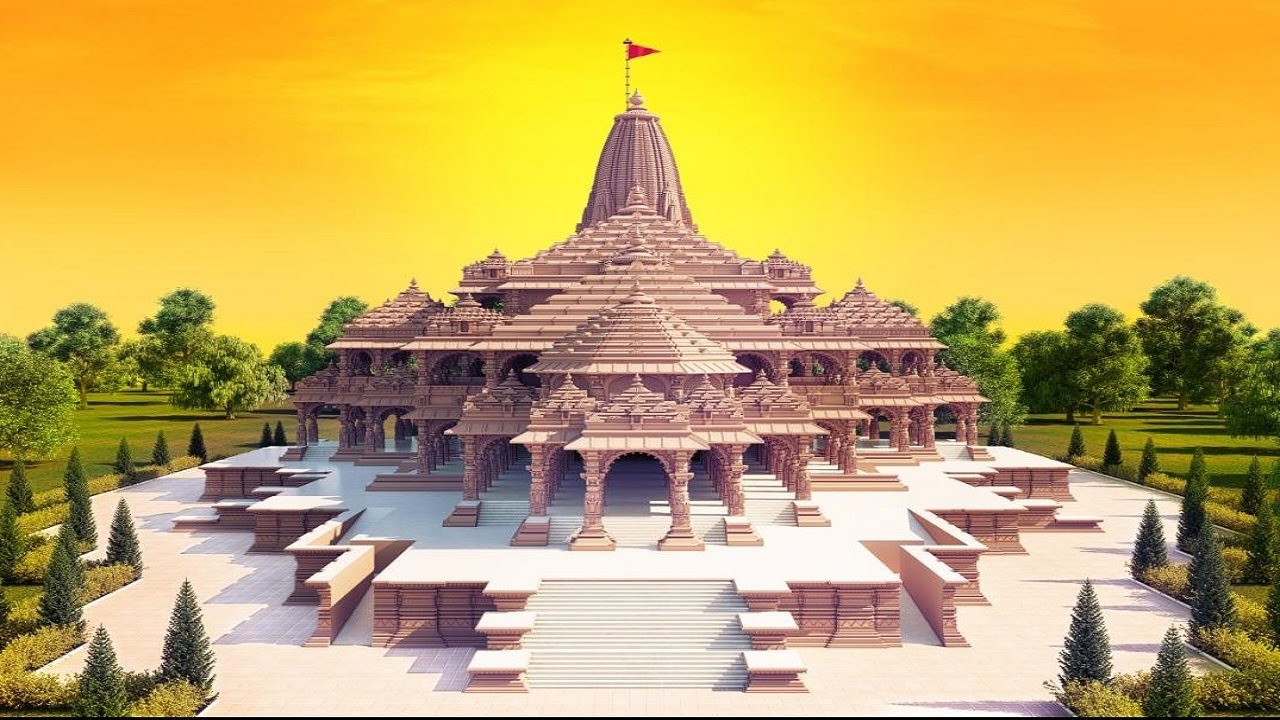
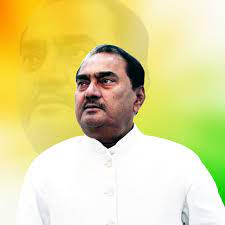
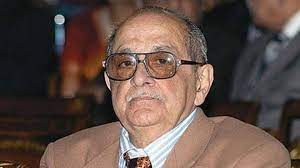
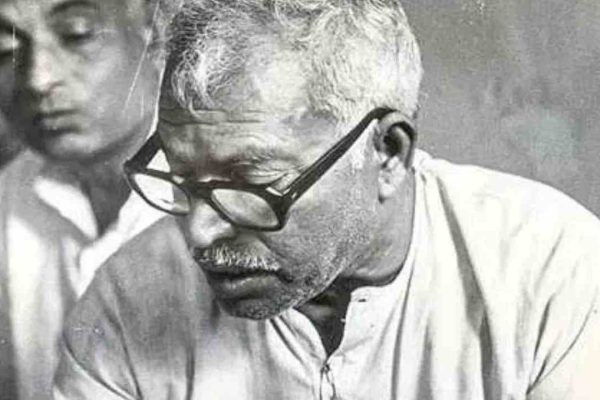
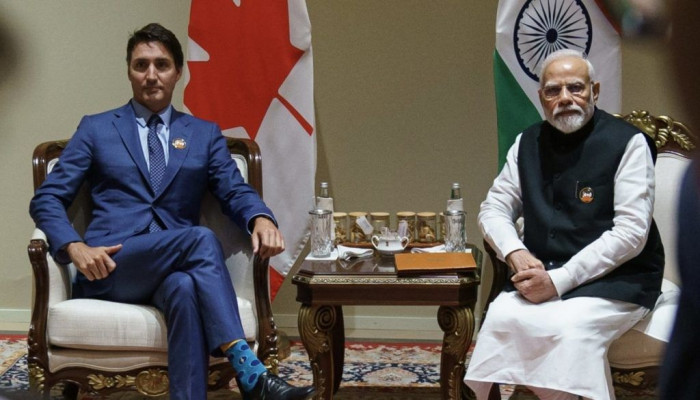






Comments (0)